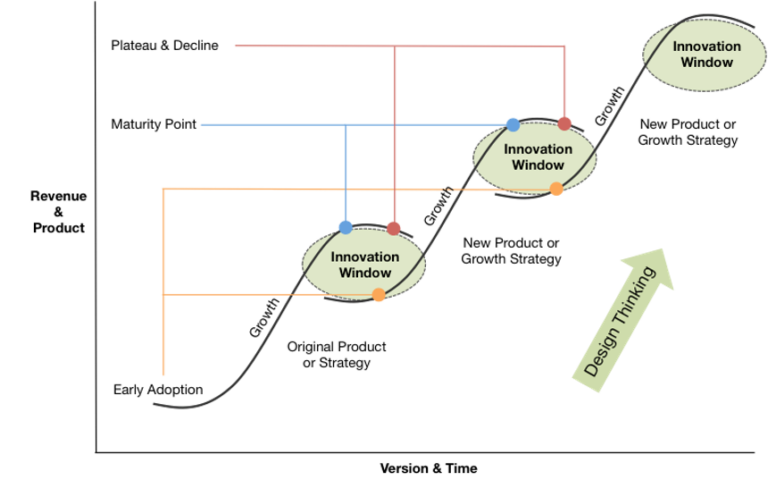Cox Automotive Study: EV Adoption Remains Strong Despite Skepticism
Recent research from Cox Automotive reveals a resilient electric vehicle (EV) market, suggesting that the transition to electric cars is far from over, even with some slowing sales growth and remaining consumer hesitancy. The 2024 Path To EV Adoption study, conducted in the first quarter of the year, surveyed 2,557 American vehicle shoppers and 526 dealers to gauge their perceptions and preferences regarding EVs.
The study highlights a significant group of ‘Skeptics’—nearly half of all current vehicle shoppers—who are not actively considering an EV purchase. These individuals are primarily focused on cars with internal combustion engines (ICE). However, the research indicates that the Skeptics are gradually warming up to the idea of EVs. As technology advances, the charging infrastructure improves, and EV prices potentially decline, the study projects that 54% of today’s Skeptics will become “EV Considerers” within three to five years. Over a ten-year period, the study estimates that 80% of current Skeptics will be open to considering an electric car.

EV sales in the United States surpassed 1 million units last year, according to Kelley Blue Book estimates. While interest has dipped since 2022, the report suggests that the current slowdown is a normal part of market development. “We remain bullish on the long-term future of EV sales in America, as many Skeptics today will be carefully considering an EV by the end of the decade,” stated Isabelle Helms, vice president of research and market intelligence at Cox Automotive. She added, “With more infrastructure, education, and technological innovation and improvements, we believe electric vehicle sales will continue to grow in the long term.”
This positive outlook aligns with the expectations of the auto industry and government regulators, with new tailpipe emission rules from the EPA poised to drive further electric car adoption. The study projects a second wave of EV Considerers is preparing to enter the market.
Currently, the study indicates that only 45% of consumers looking for a new vehicle in the next 12 months are considering an EV. However, this is expected to rise to 79% by the 2026 to 2028 timeframe. By 2033, a substantial 90% of all vehicle shoppers will have electric vehicles on their lists.
Key drivers for this shift include expectations for significant technological advancements and a notable expansion of the EV charging infrastructure. The study’s findings underscore the critical importance of convenient and reliable charging access in persuading potential EV buyers. While those already considering EVs see price as the primary barrier, Skeptics often cite the lack of charging stations as their top concern.
The research also suggests that the EV market is becoming increasingly mainstream. While current EV ownership leans towards luxury and high-income households, the study predicts increased interest from Gen Z, multicultural, and less affluent shoppers. The used EV market is also gaining traction, with 77% of EV Considerers now considering a used electric car, up from 62% in 2021.
While Tesla remains a leader, mainstream brands like Toyota, Hyundai, and Kia are seeing increased awareness and consideration. Ford is another leading manufacturer. However, the study reveals a significant gap in consumer awareness of EV offerings from many major automakers. For example, only a third of study participants were aware of Nissan’s EV offerings.
Dealers are also adapting to the EV market. They report growing support from manufacturers, though they express a need for additional resources, including more marketing assistance and EV incentives. Encouragingly, 86% of dealers indicated that they are likely to invest in EV charging infrastructure, suggesting a collaborative approach to expanding EV sales. The Cox Automotive study offers a positive view of the EV market and its anticipated future trajectory – providing a ray of sunshine despite a climate where the EV revolution may be at odds with political considerations affecting innovation and acceptance.



